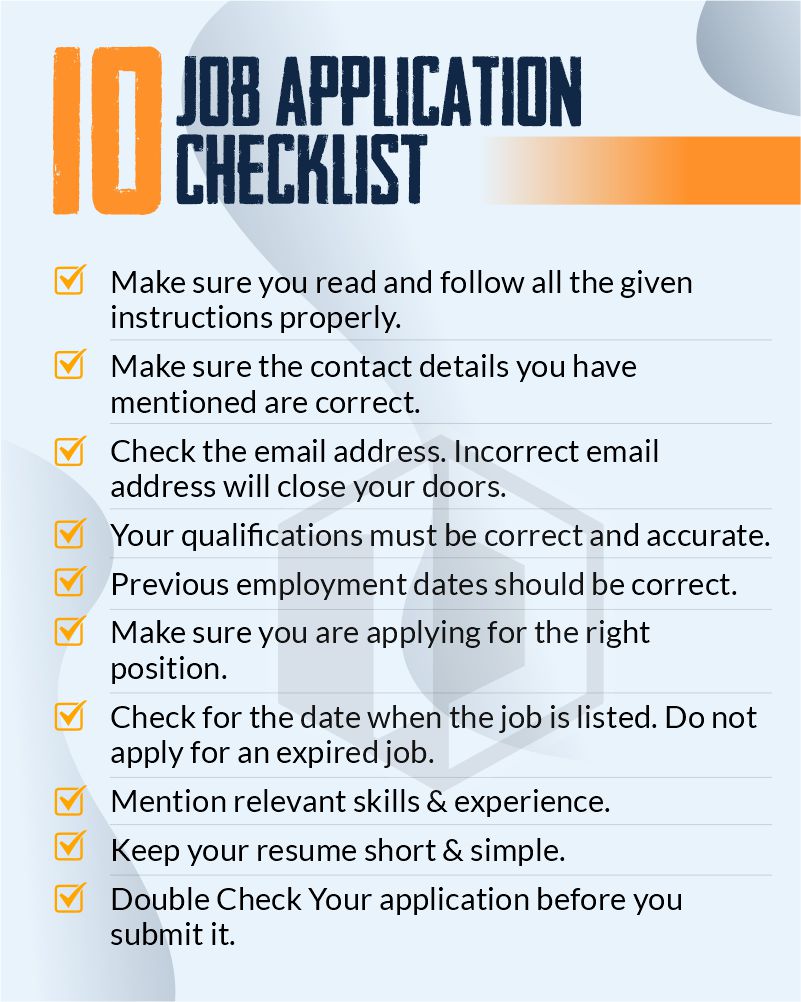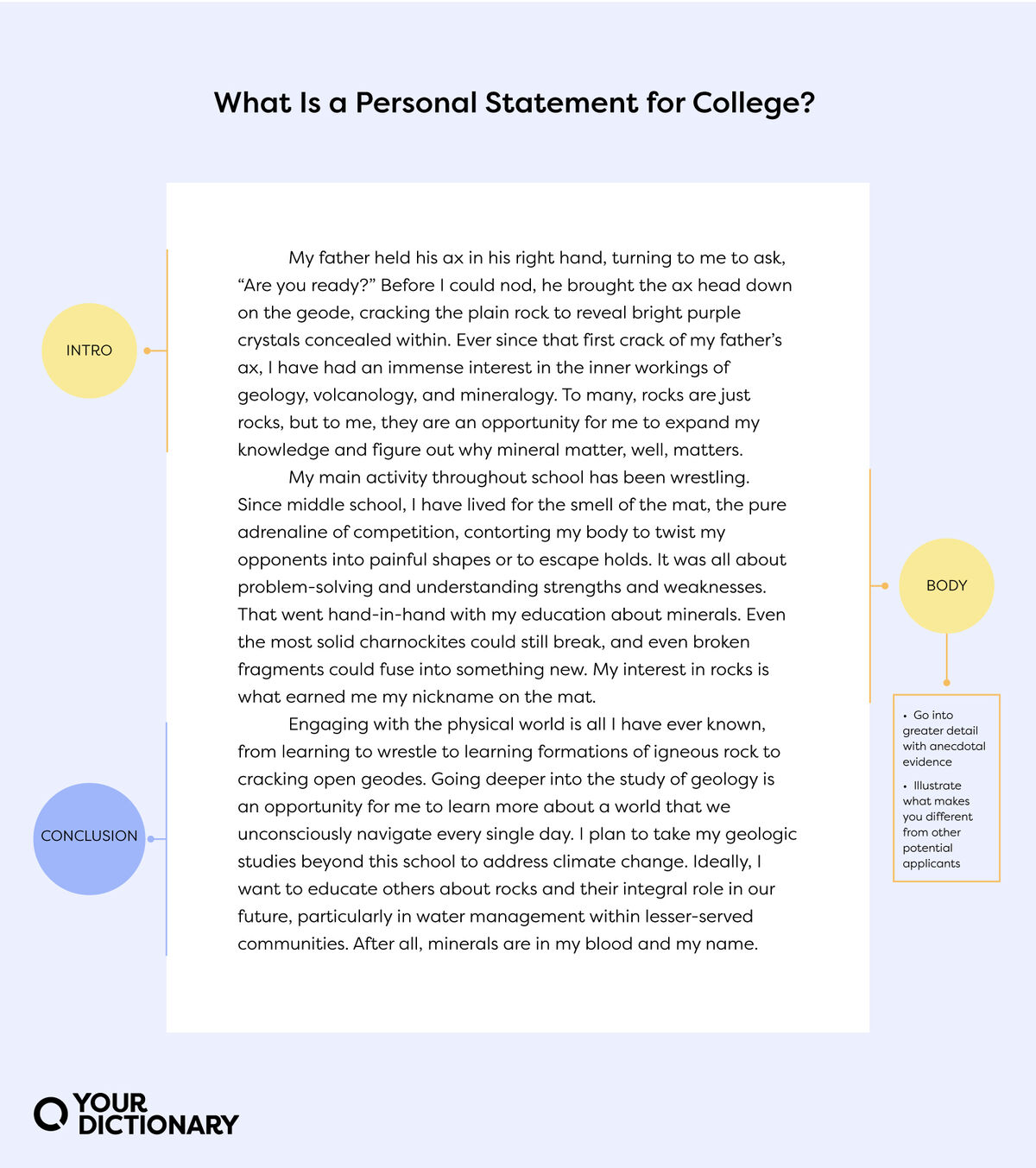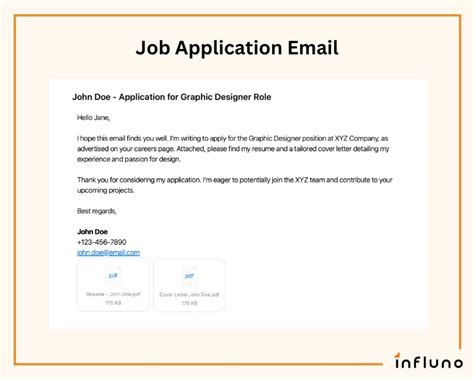Submitting an application without recommendations can be a challenging and potentially risky move, especially when applying for competitive programs or jobs. Recommendations, also known as references or letters of recommendation, provide valuable insights into a candidate's skills, work ethic, and character. They can significantly enhance an application, showcasing a candidate's strengths and potential.
However, there may be situations where it's not possible or feasible to obtain recommendations. Perhaps the application deadline is imminent, and there's not enough time to secure recommendations. Maybe the candidate is changing careers or industries, and their previous work experience or academic background isn't directly relevant.
If you're considering submitting an application without recommendations, here are some essential points to ponder:
Understanding the importance of recommendations
Recommendations serve several purposes:
- Validation: They validate a candidate's claims and experiences, providing an objective perspective on their skills and accomplishments.
- Context: Recommendations offer context about a candidate's work style, teamwork abilities, and adaptability.
- Character assessment: They provide insight into a candidate's personality, work ethic, and values.
Consequences of not including recommendations
If you decide to submit an application without recommendations, be aware of the potential consequences:
- Perception of lack of preparation: The admissions committee or hiring manager may perceive your application as incomplete or lacking in preparation.
- Reduced credibility: Without recommendations, your claims and experiences may be viewed with skepticism, reducing your credibility as a candidate.
- Decreased competitiveness: Applications with recommendations may be given more weight, making your application less competitive.
Alternatives to traditional recommendations
If you're unable to obtain traditional recommendations, consider the following alternatives:
- Personal statement or essay: Use your personal statement or essay to highlight your skills, experiences, and achievements.
- Self-assessment: Provide a self-assessment of your strengths, weaknesses, and goals.
- Peer reviews: If you're a freelancer or entrepreneur, consider including peer reviews or testimonials from clients or collaborators.
Tips for submitting an application without recommendations
If you still decide to submit an application without recommendations, follow these tips:
- Clearly explain the reason: In your application, provide a brief explanation for not including recommendations.
- Focus on showcasing your skills: Highlight your relevant skills, experiences, and achievements in your application.
- Use language from job descriptions: Use language from the job description or program requirements to describe your skills and experiences.
- Proofread and edit: Ensure your application is error-free and polished, as this will reflect positively on your attention to detail.
In conclusion, while it's possible to submit an application without recommendations, it's essential to understand the potential consequences and alternatives. If you do decide to submit an application without recommendations, be sure to clearly explain the reason, focus on showcasing your skills, and use language from job descriptions.

Gallery of Application Tips





FAQs
Can I submit an application without recommendations?
+Yes, but be aware of the potential consequences, such as reduced credibility and competitiveness.
What are some alternatives to traditional recommendations?
+Consider including a personal statement or essay, self-assessment, or peer reviews.
How can I make my application more competitive without recommendations?
+Focus on showcasing your relevant skills, experiences, and achievements, and use language from job descriptions.
